Mascara sistema
Concealed within a hidden layer or tucked away somewhere in certain GOSPEL ESTUDIOS garments, there is a mask that’s up to you to use, contingent on the moment’s requirements. The mask sets us free, removing the weight of our identity. Voluntarily shedding our face enables us to embrace all possible faces.
Sometimes it's better to keep them wondering.
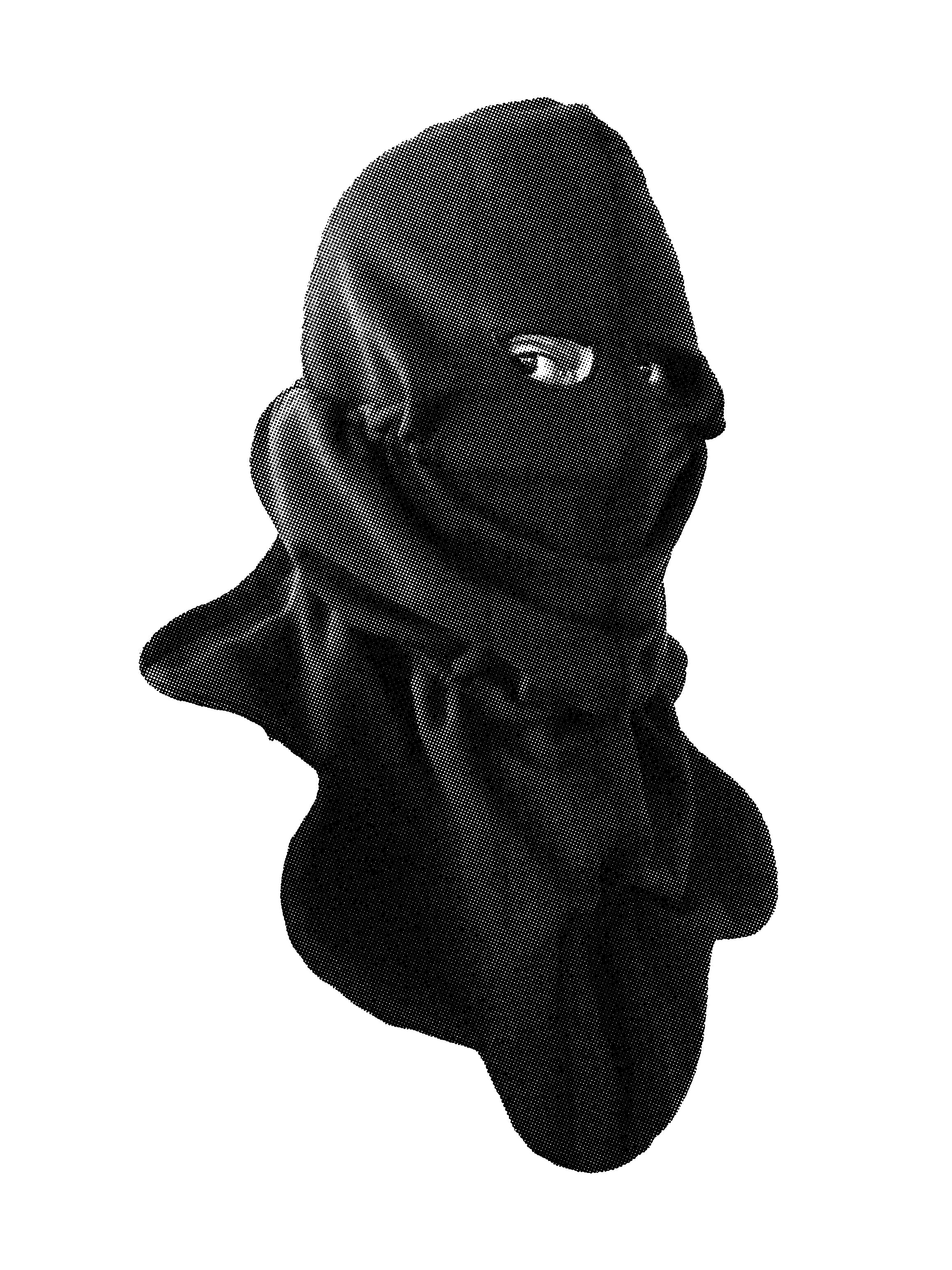

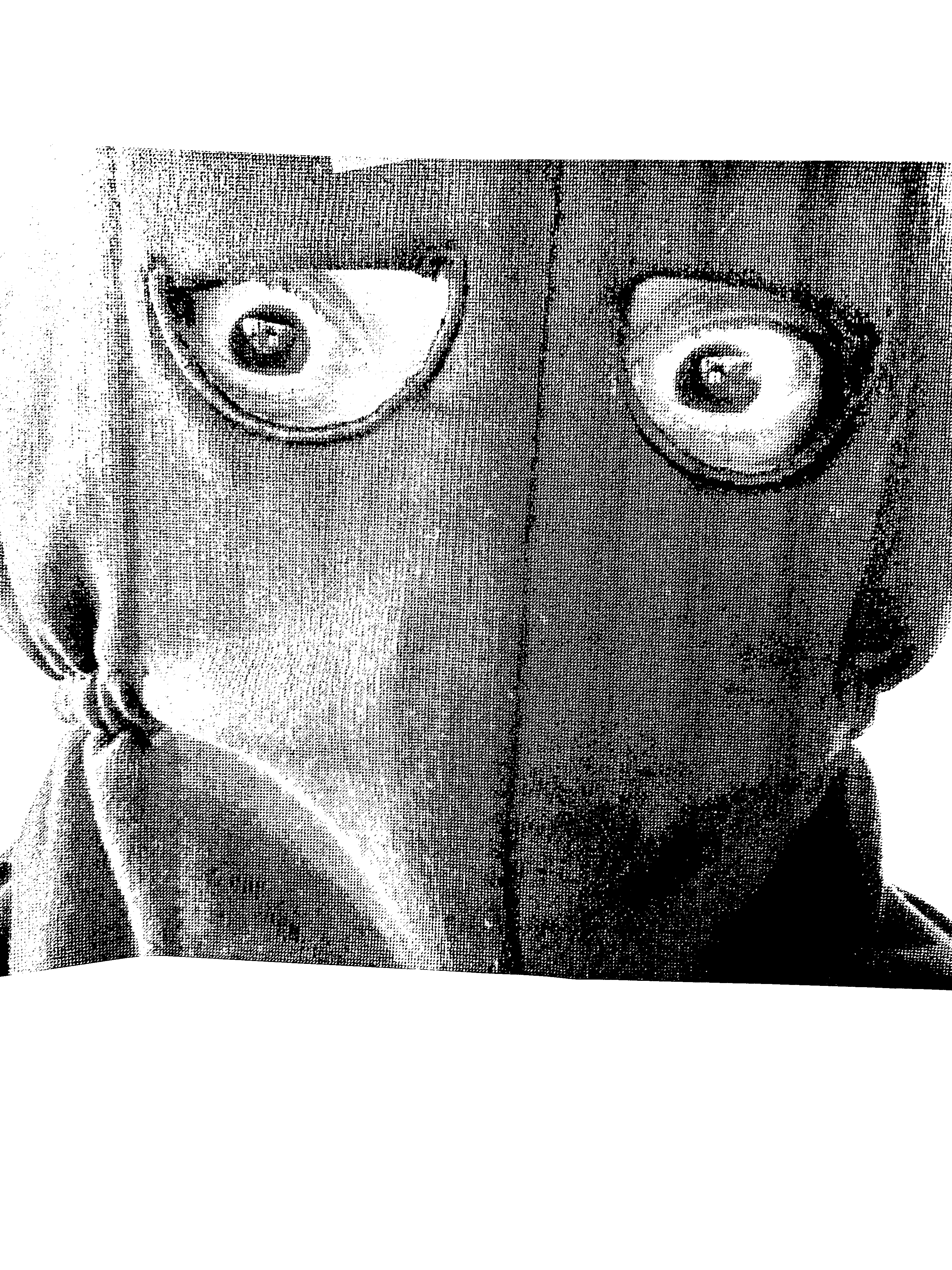


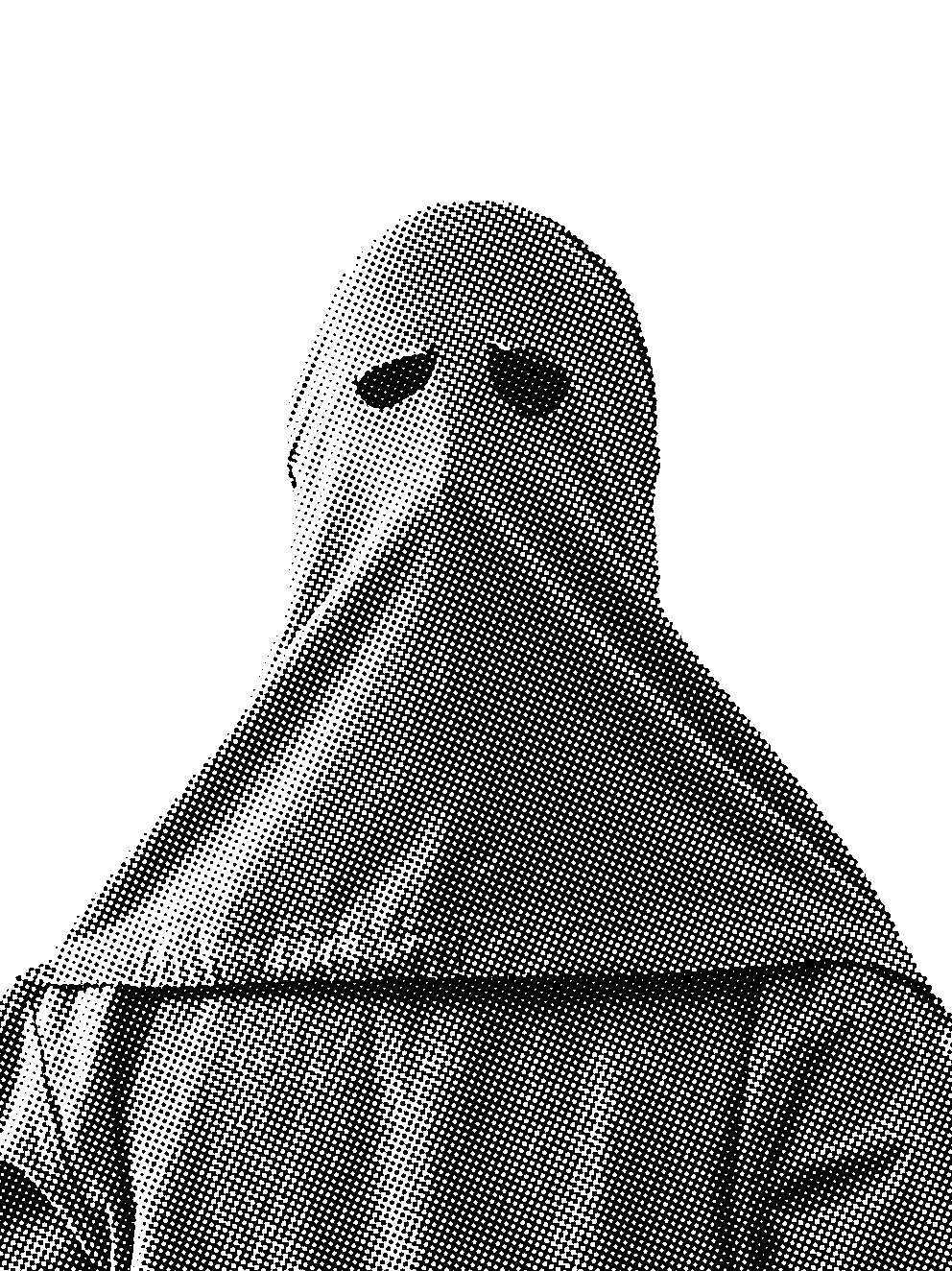
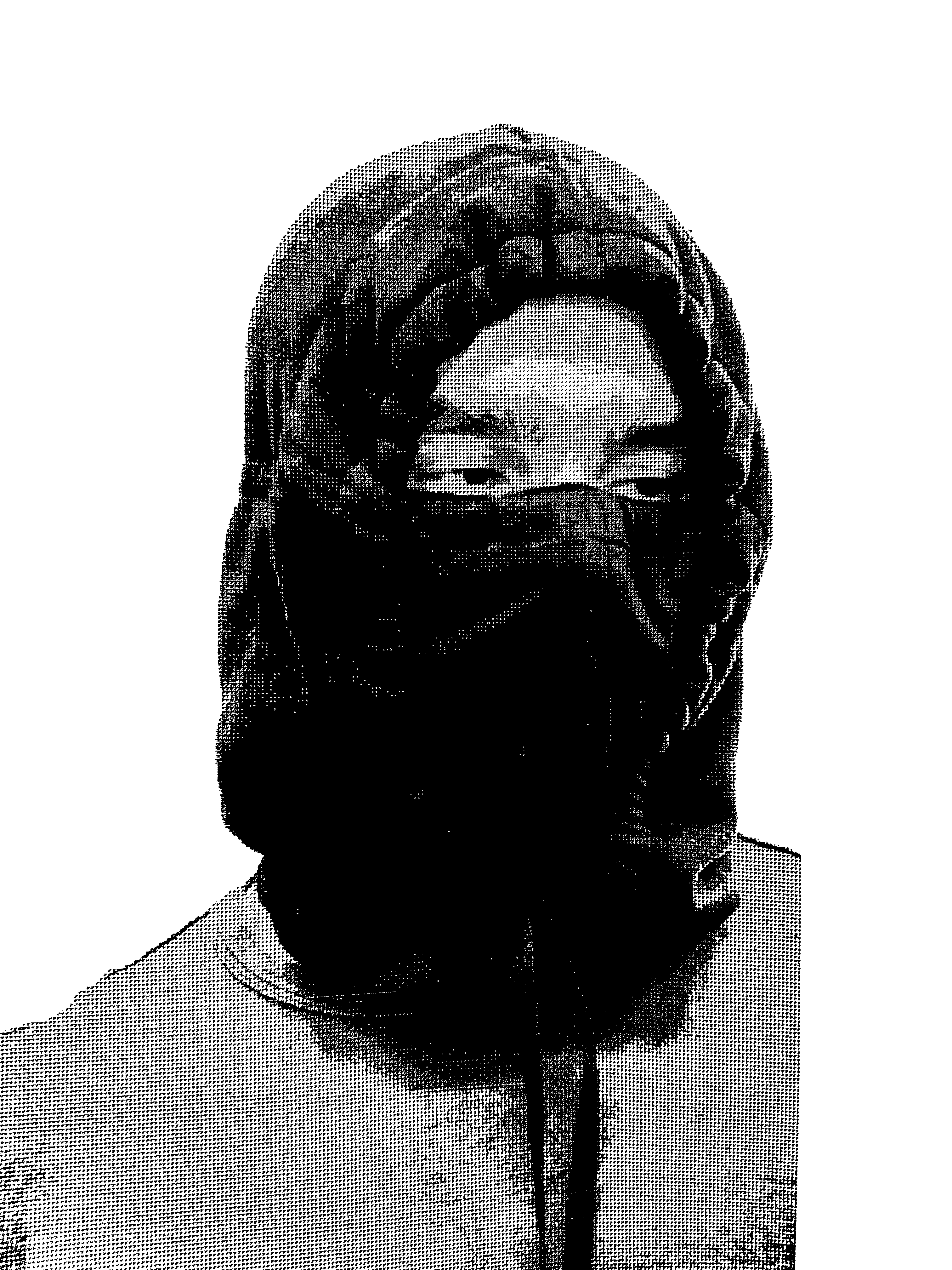
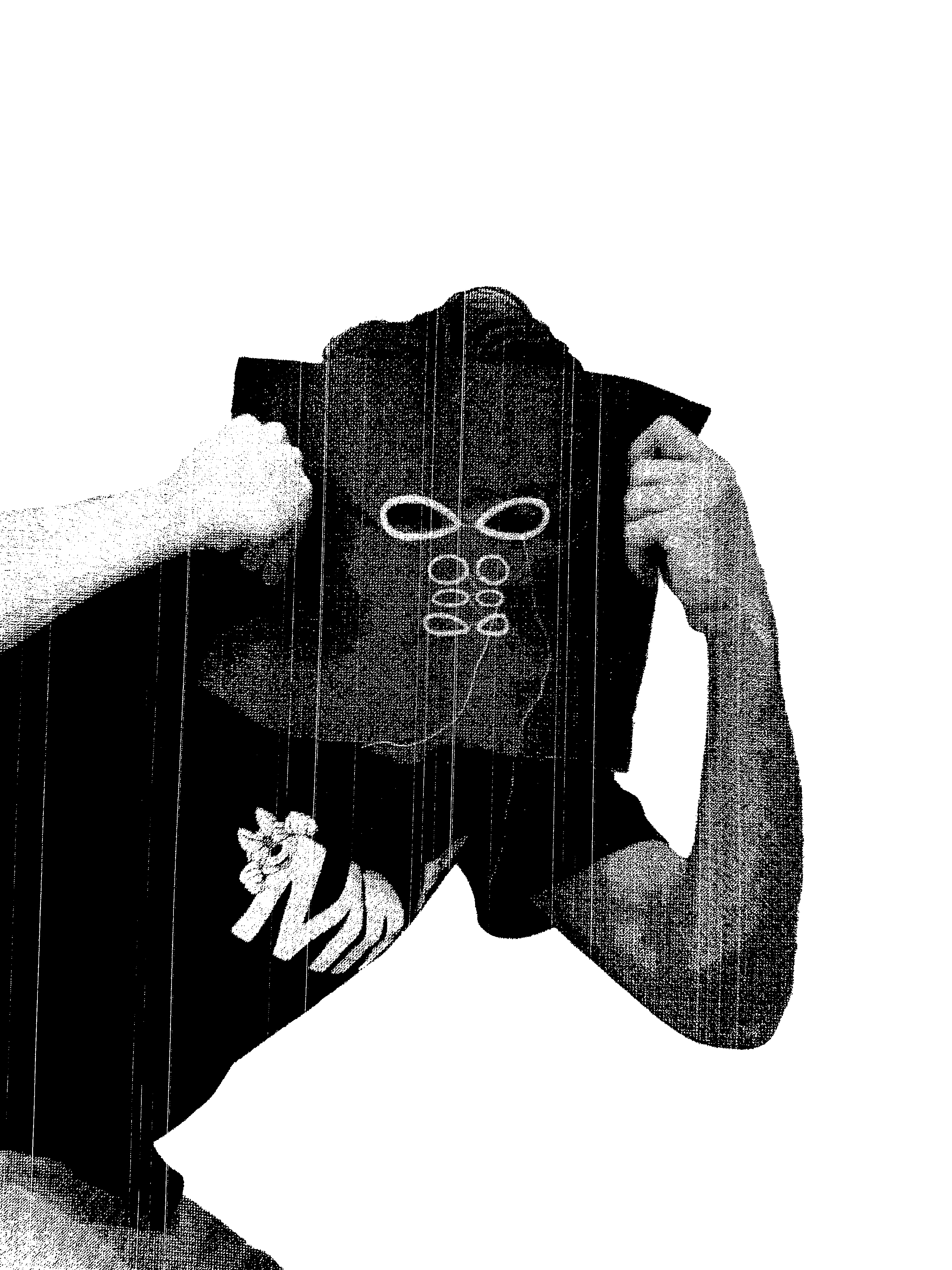
«Man is least himself when he talks in his own person. Give him a mask, and he will tell you the truth».
Oscar Wilde wrote those words in 1891, (using 'man' in the typical fashion of the era that excluded women altogether) and indeed the máscara has always been a disruptive element that sparks questions about identity, individuality and truth. There are masks to stand apart from the community, and masks to become one with it. Masks that represent truth and masks to conceal it. With the mask on, you speak one way, and without it, another. All cultures across history have crafted masks to explore who we are, what scares us, and whom we wish to scare.
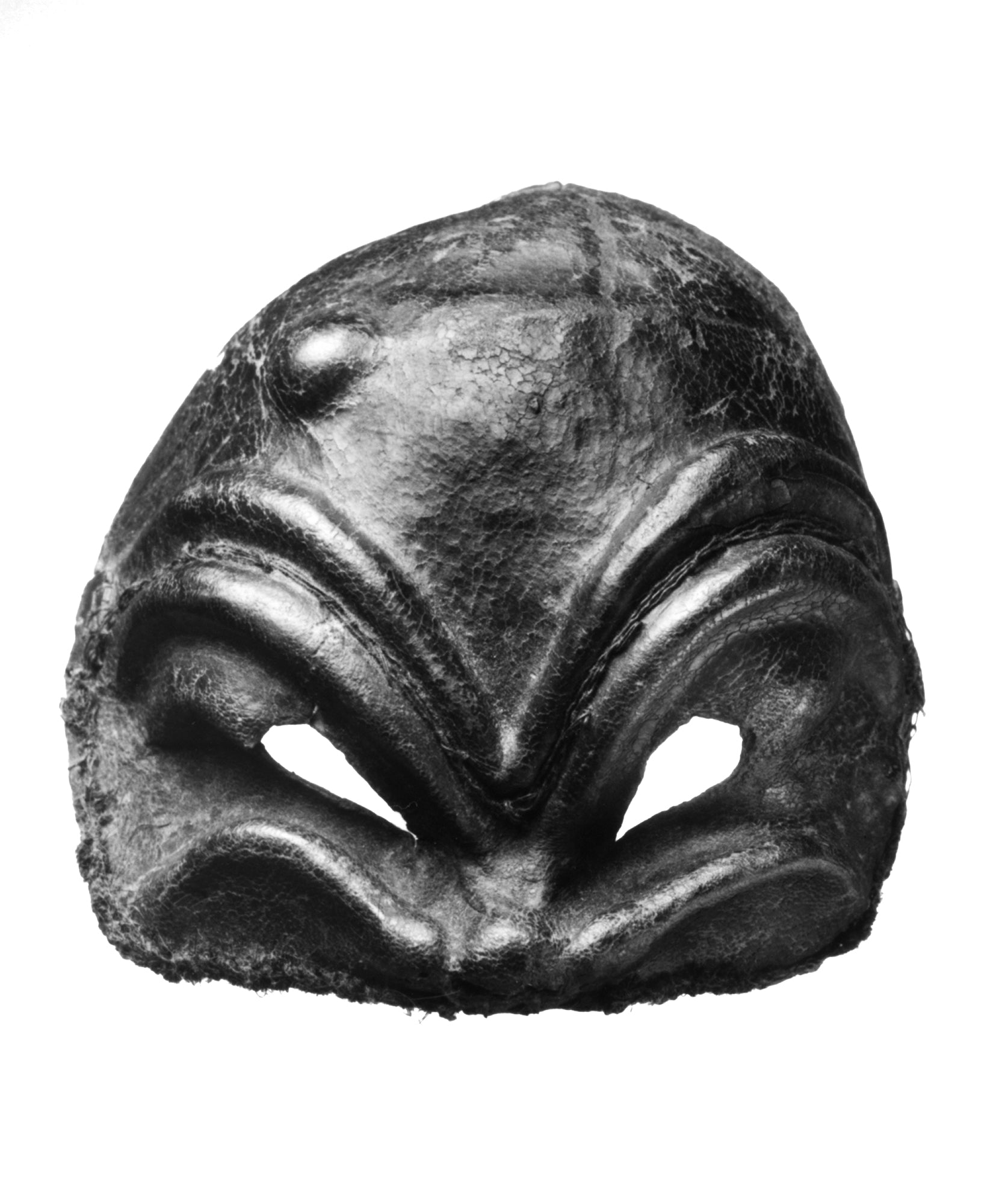
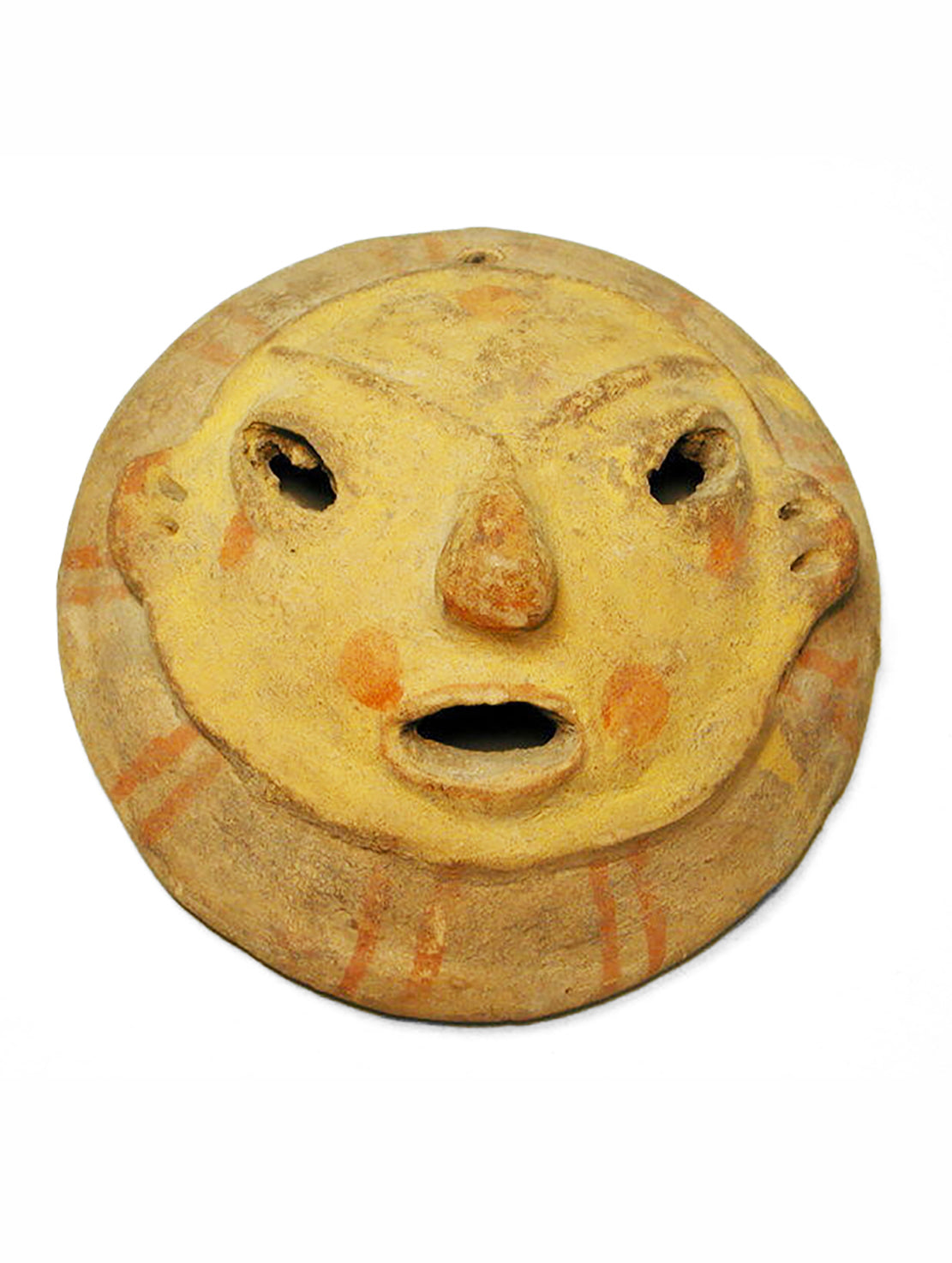
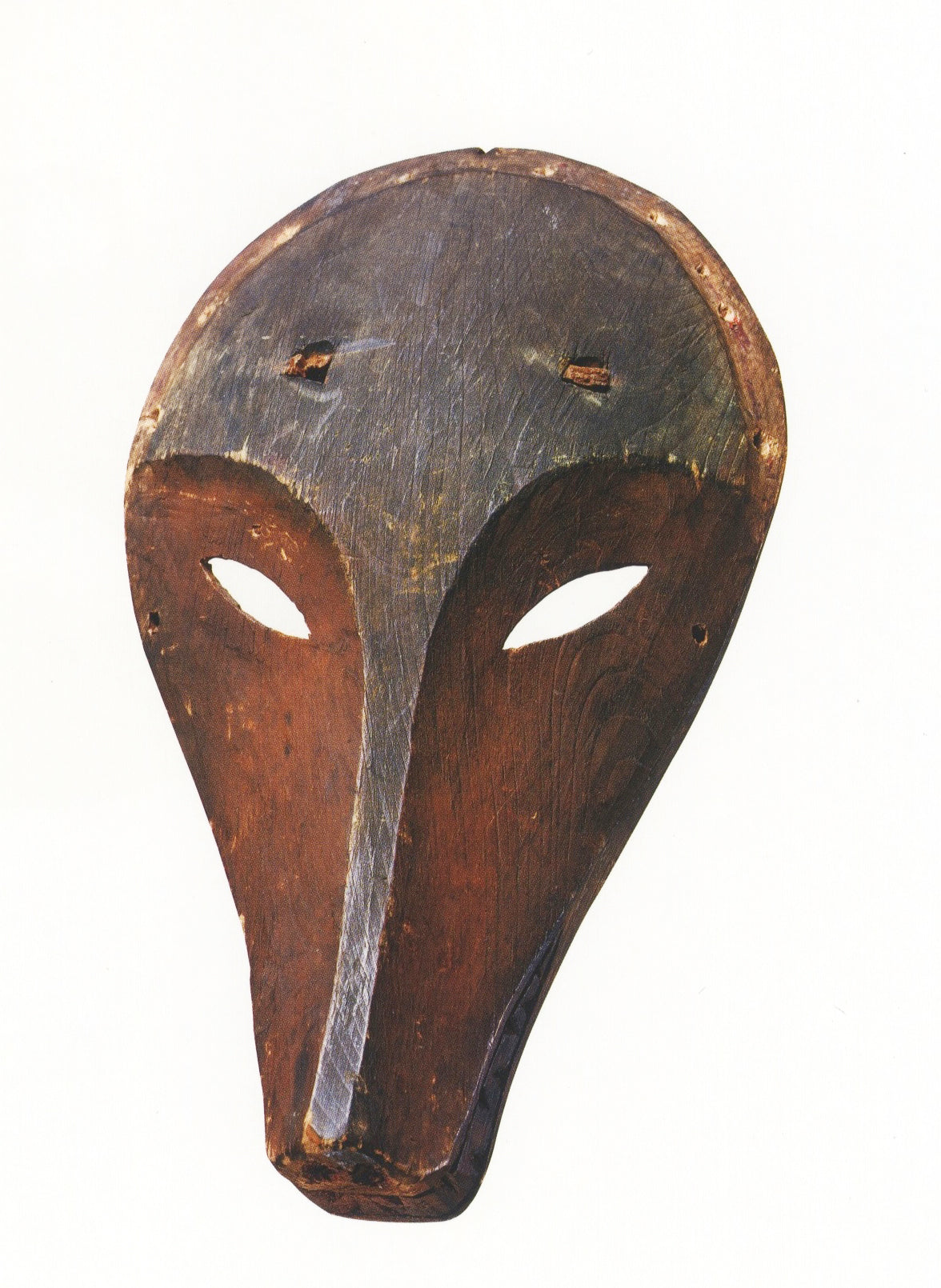
The mask, la máscara, is important for us because it embodies ritual, festivity, mystery, and the duality of human nature. It has been with us since archaic times, and we have always felt its menacing and alluring presence. The mask transcends language, but even if you look at language, the word "person" comes from the Latin persona, which means ‘mask’. Our individual identity is modulated by our interactions within society. In a sense, we are all wearing a mask to present ourselves to the world. The mask itself might represent the truest expression of humanity.
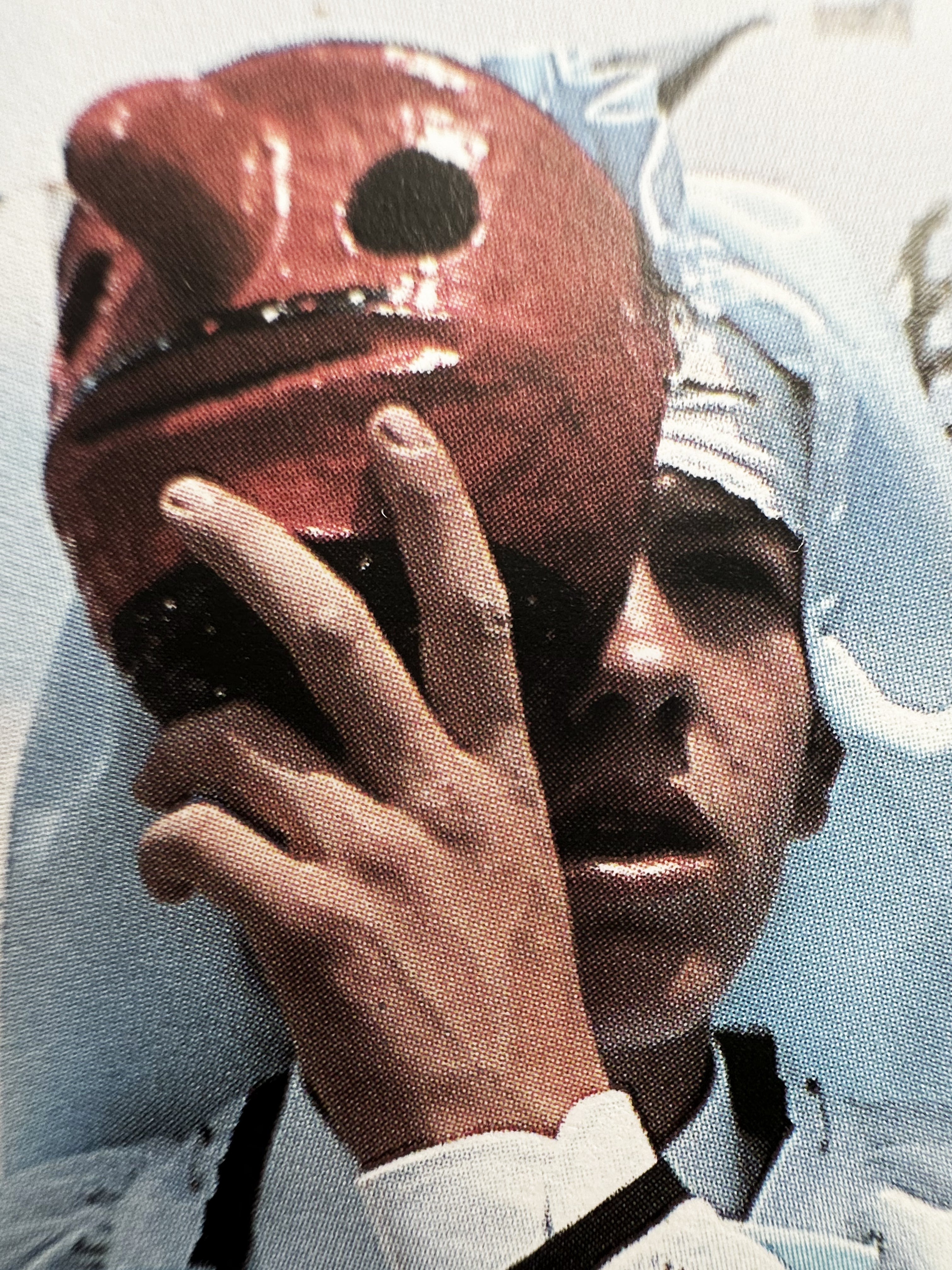


Mascarada by Cristina García Rodero – Montamarta (Zamora)

Cipotegato – Tarazona (Aragón)
The Taumaturgo has a hidden mask on the hood

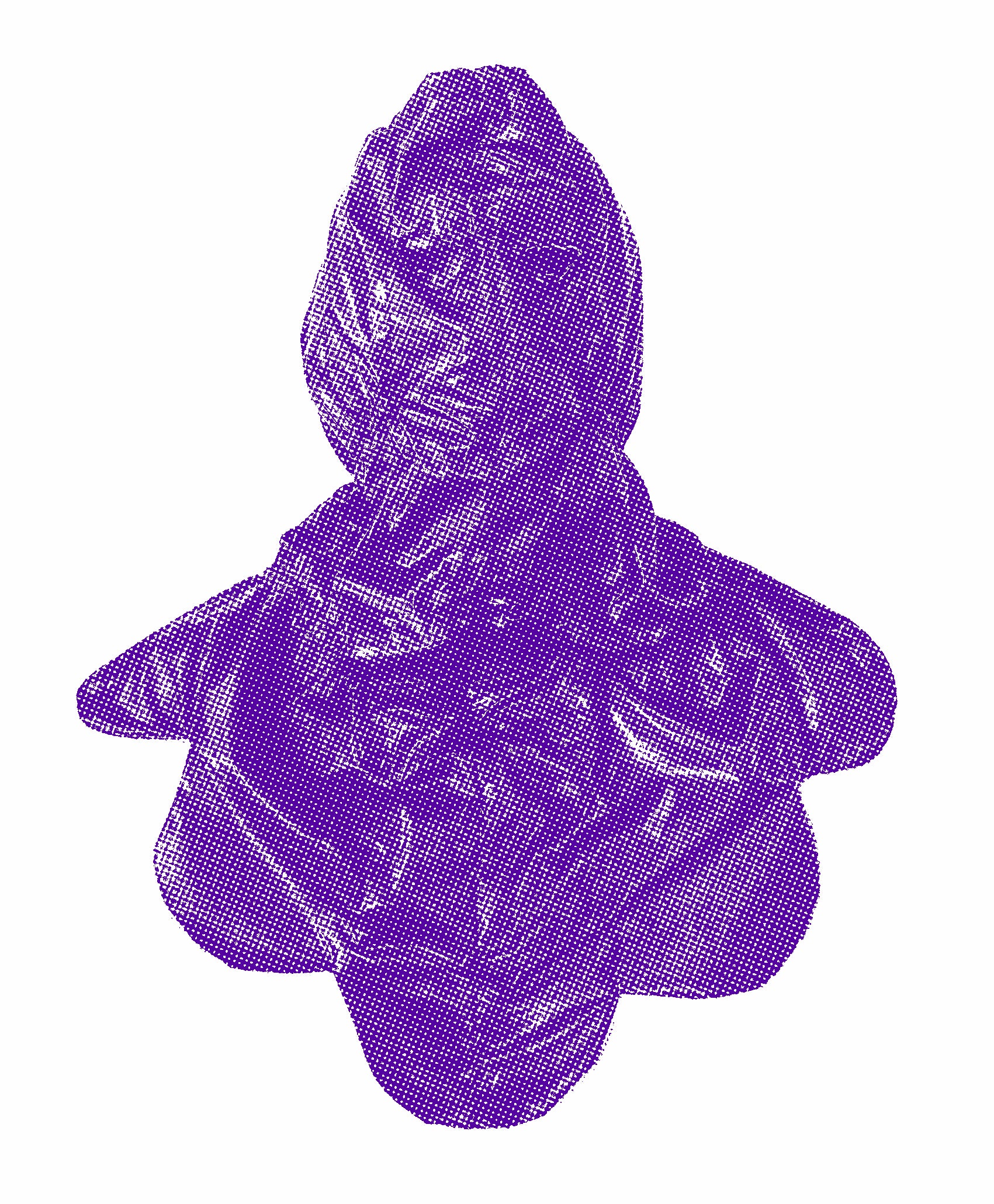
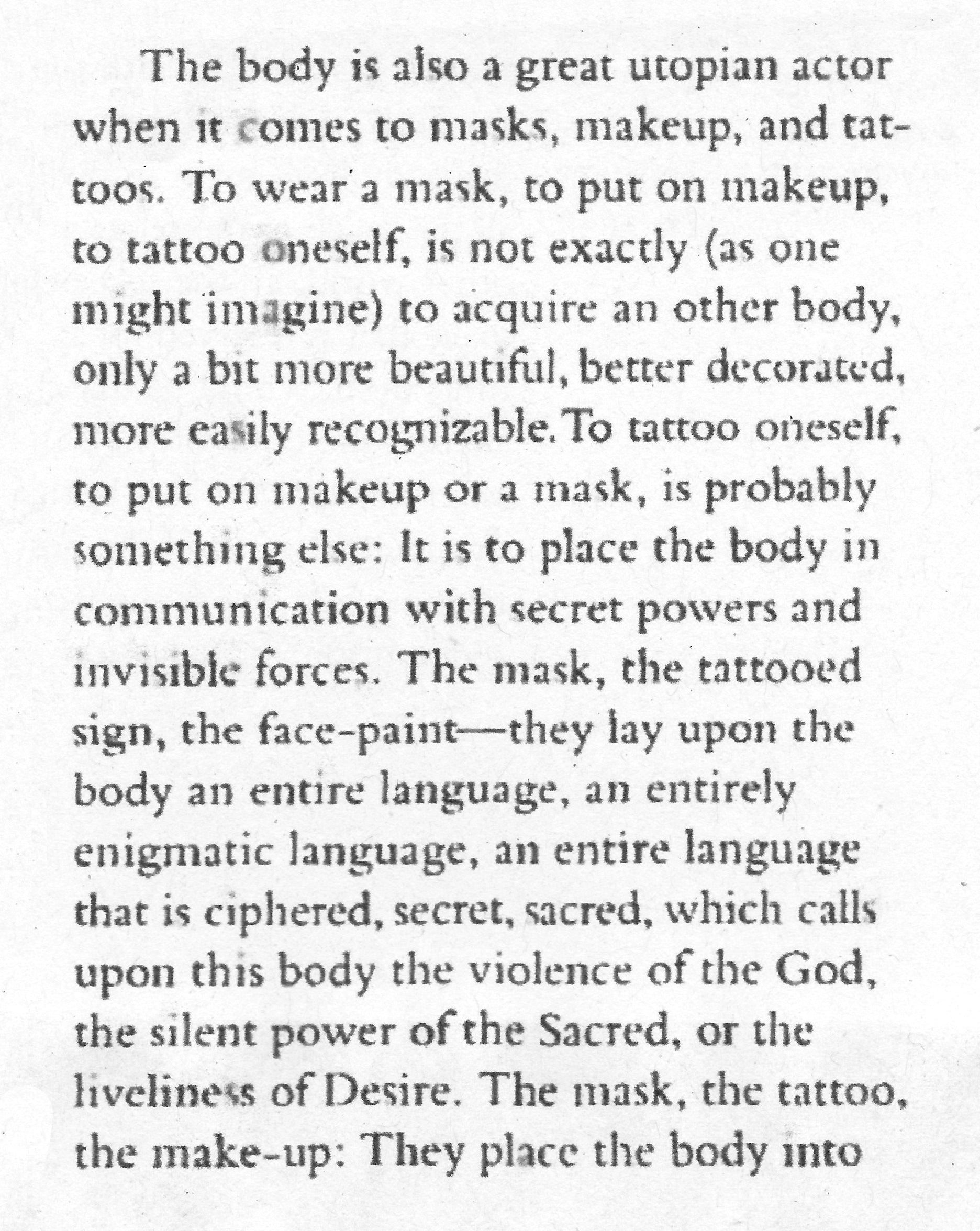
Michel Foucault — "Utopian body" (1966)
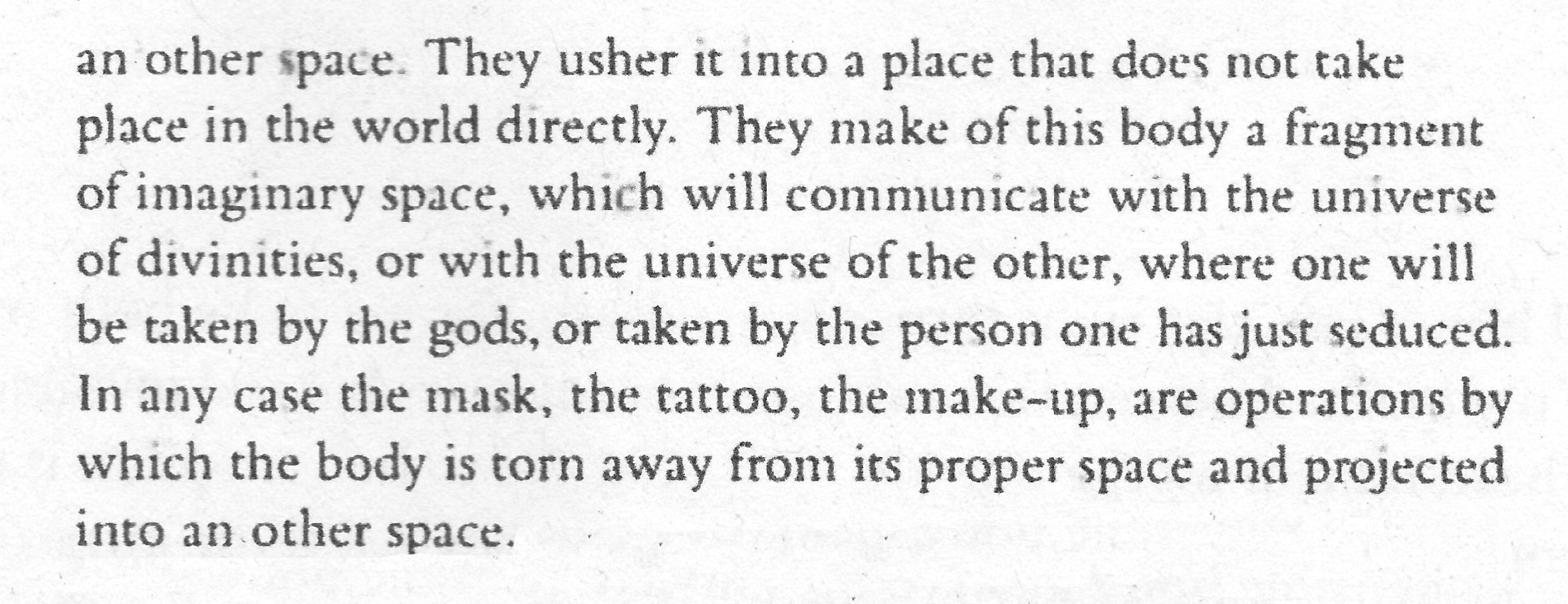


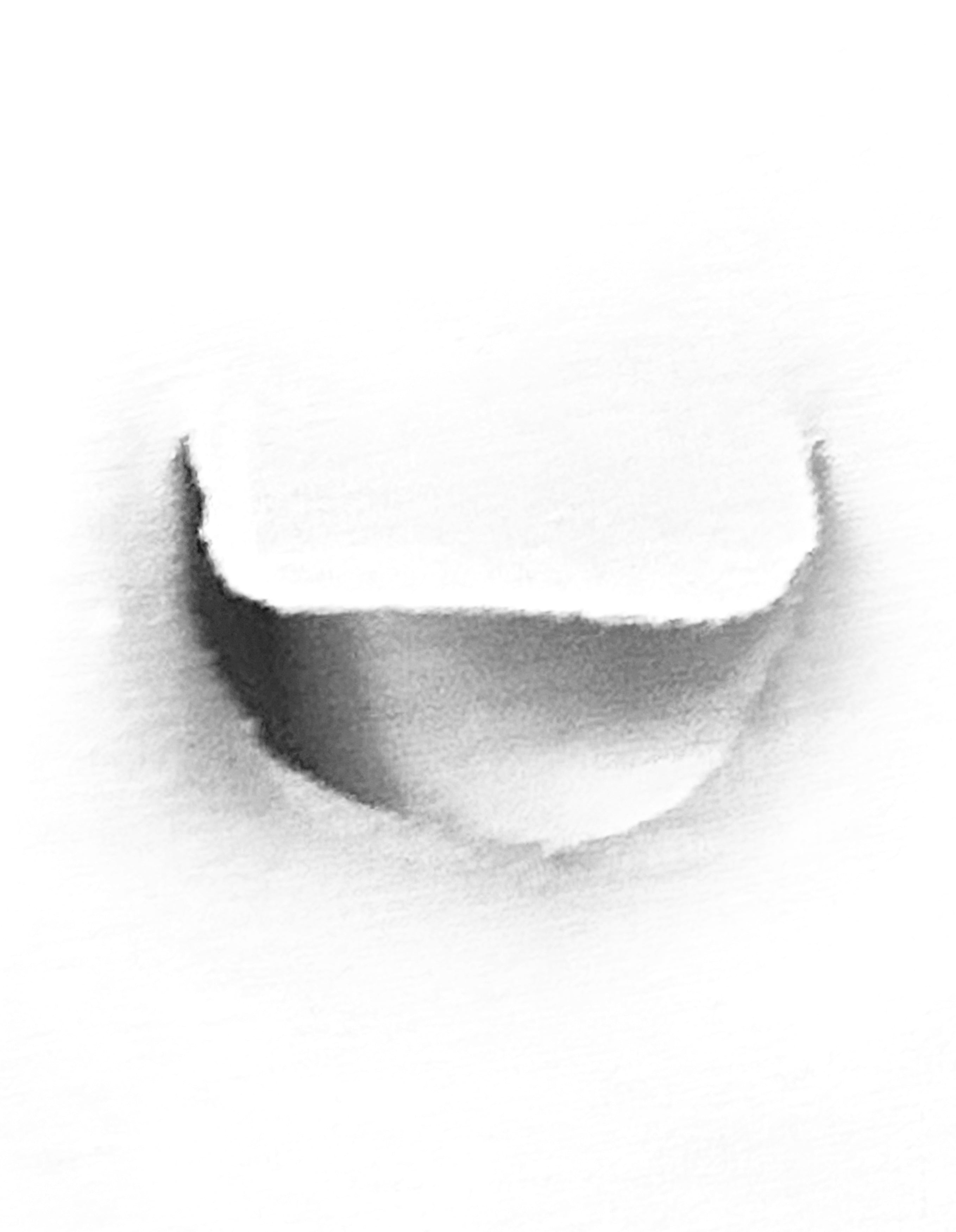


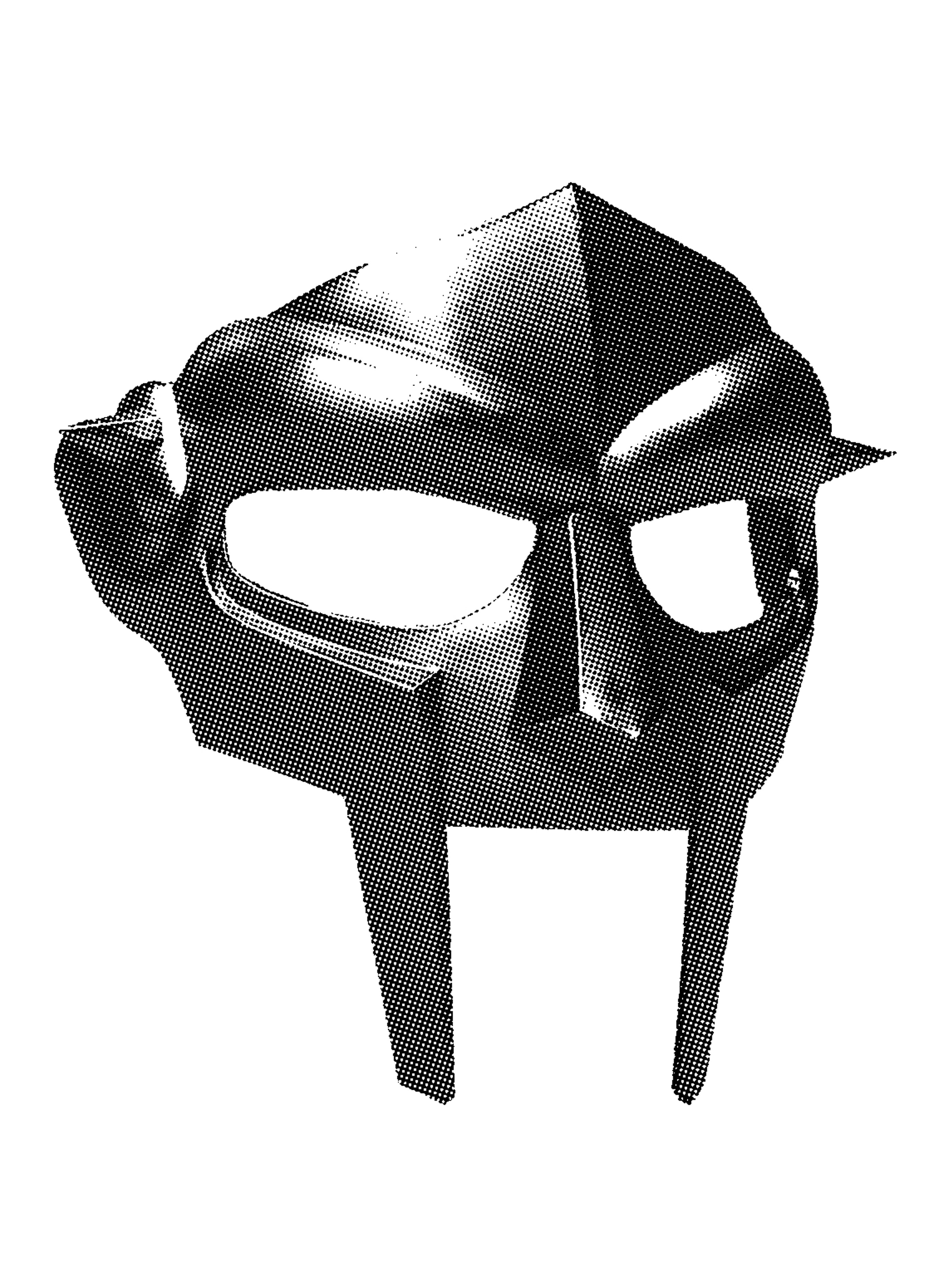
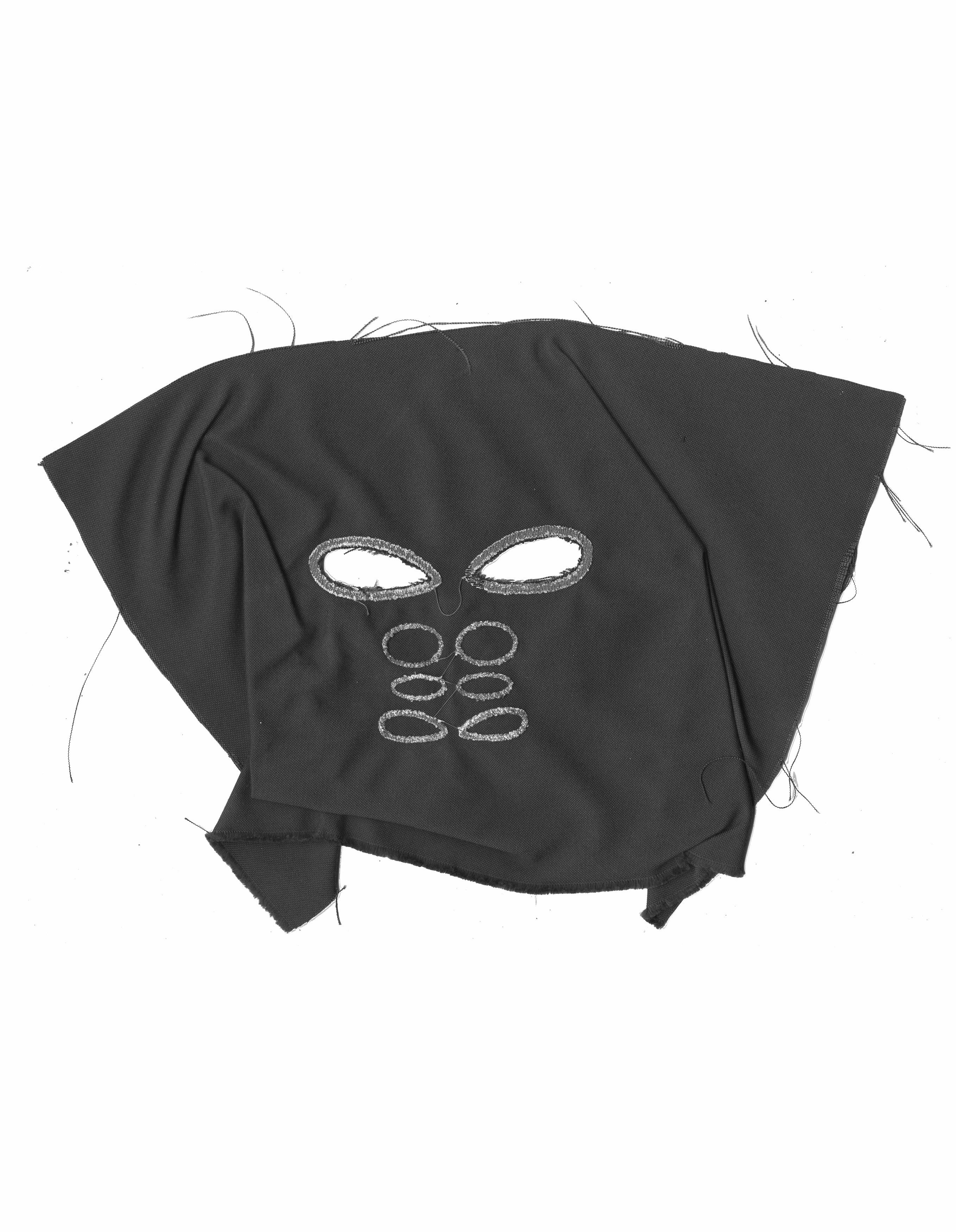
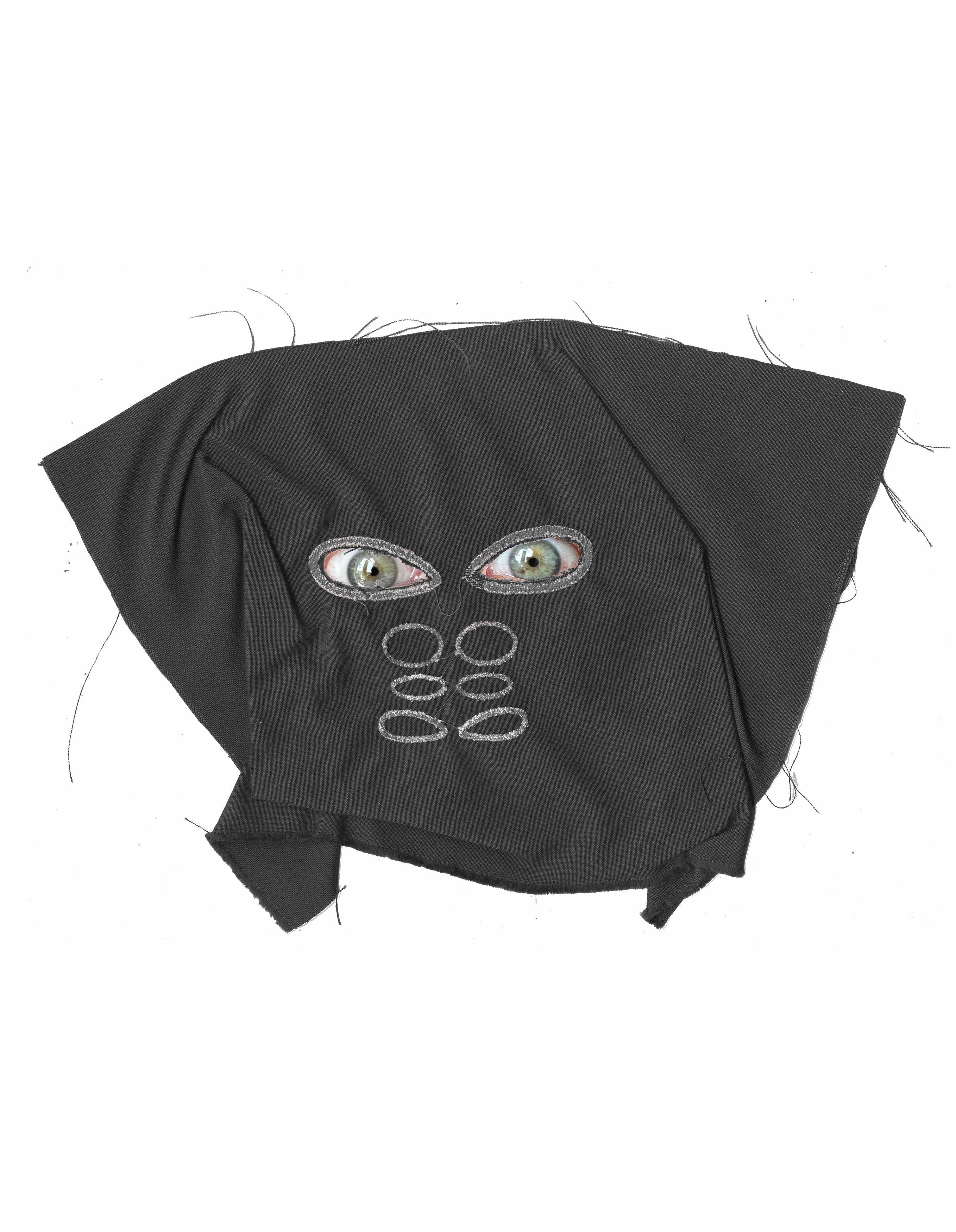
Anonymity rejects the cult of personality, allowing us to become part of the unknown. There’s no greater protection than that of a mask; beneath its cover, all transformations become possible. We can assume any persona we wish.
In carnival traditions, wearing it allows us to transcend our usual identity and explore new directions without fear of judgment. It is liberating, letting us make jaleo and let loose. During uprisings and protests, masks enable all individuals to merge into one, shielding people together and uniting them under a shared persona. What are we, and what are we with a mask? We are us; we are everyone. We remain ourselves even with the mask on because, in reality, we’re never not wearing one.
Throughout the breadth of our land, masks echo the ancient dialogue between pagan traditions and Christian festivals. They emerge as silent storytellers, reviving forgotten spirits, gods, and ancestors that walk among us on festive days, disrupting the regular cadency of everyday life. From Navarra to Cáceres, from Galicia to Granada, very different masks act like relics that reconnect the present with the divine, transforming everyday life into a playground for the cosmic dance between yesterday and today.
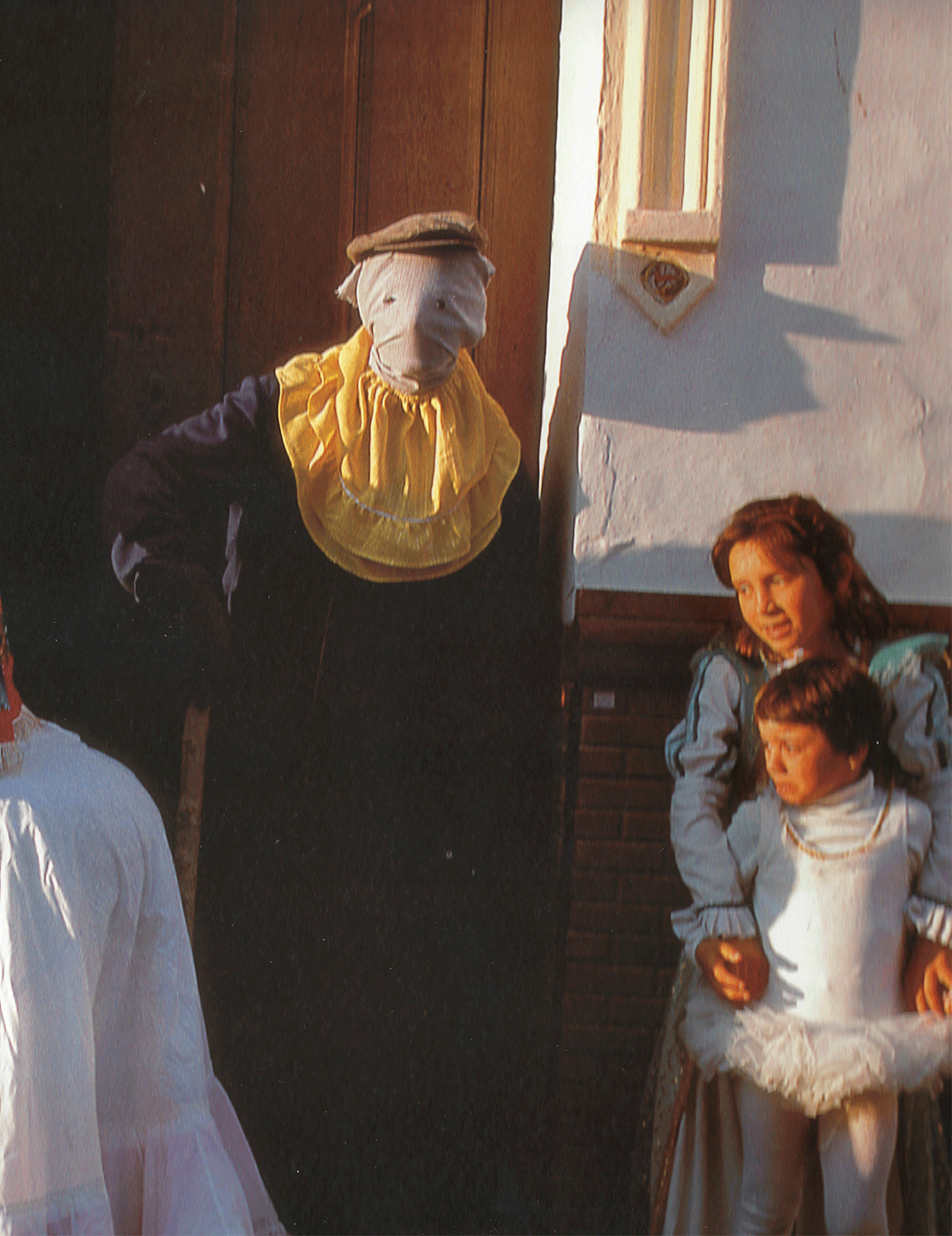
Carnaval by Cristina García Rodero – Fuentes de Andalucía (Sevilla)

Carnaval: Guirrios by Cristina García Rodero – Velilla de la Reina (León)
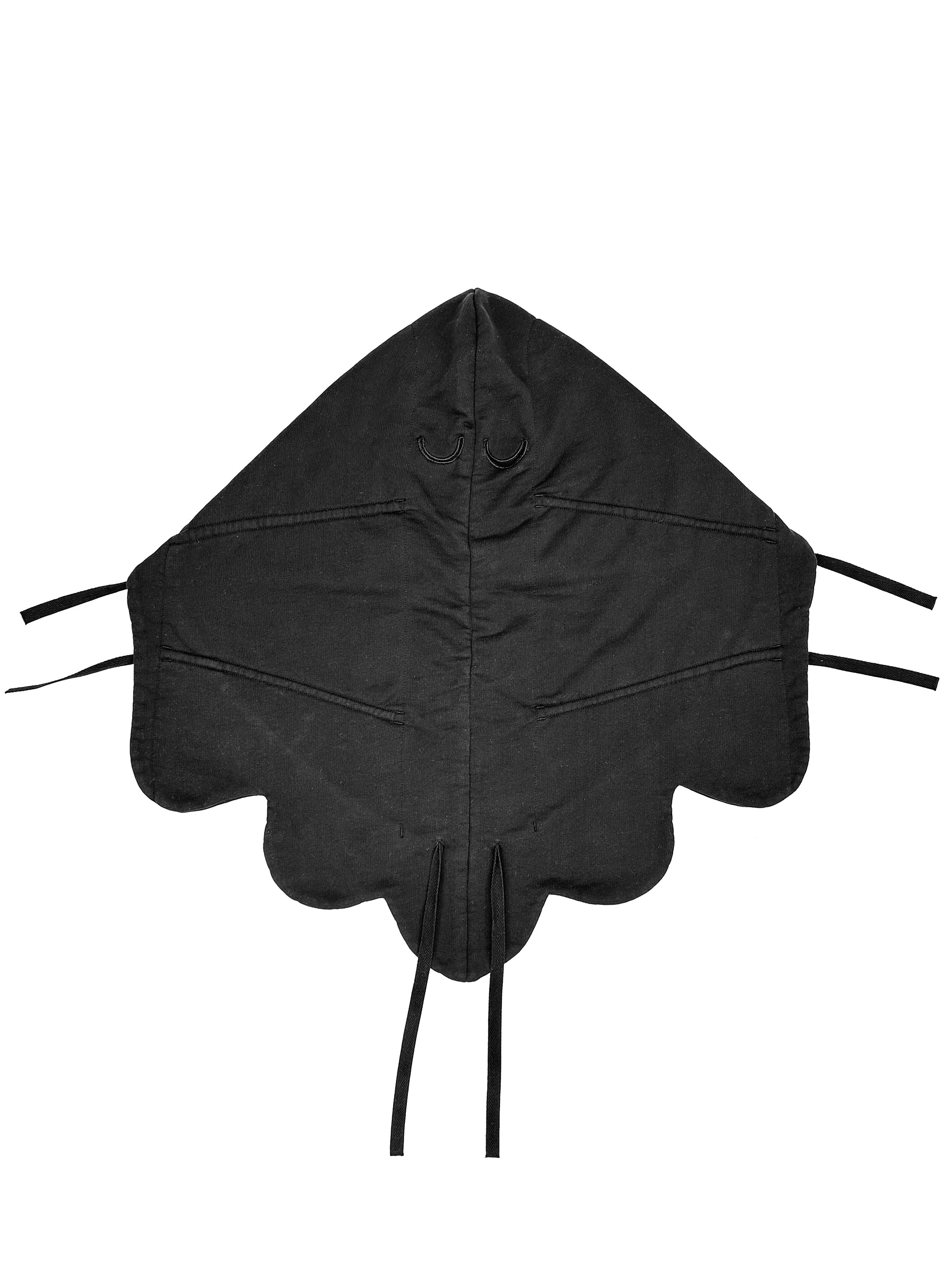
Antruejo Hoodmask

Arcana Hoodmask
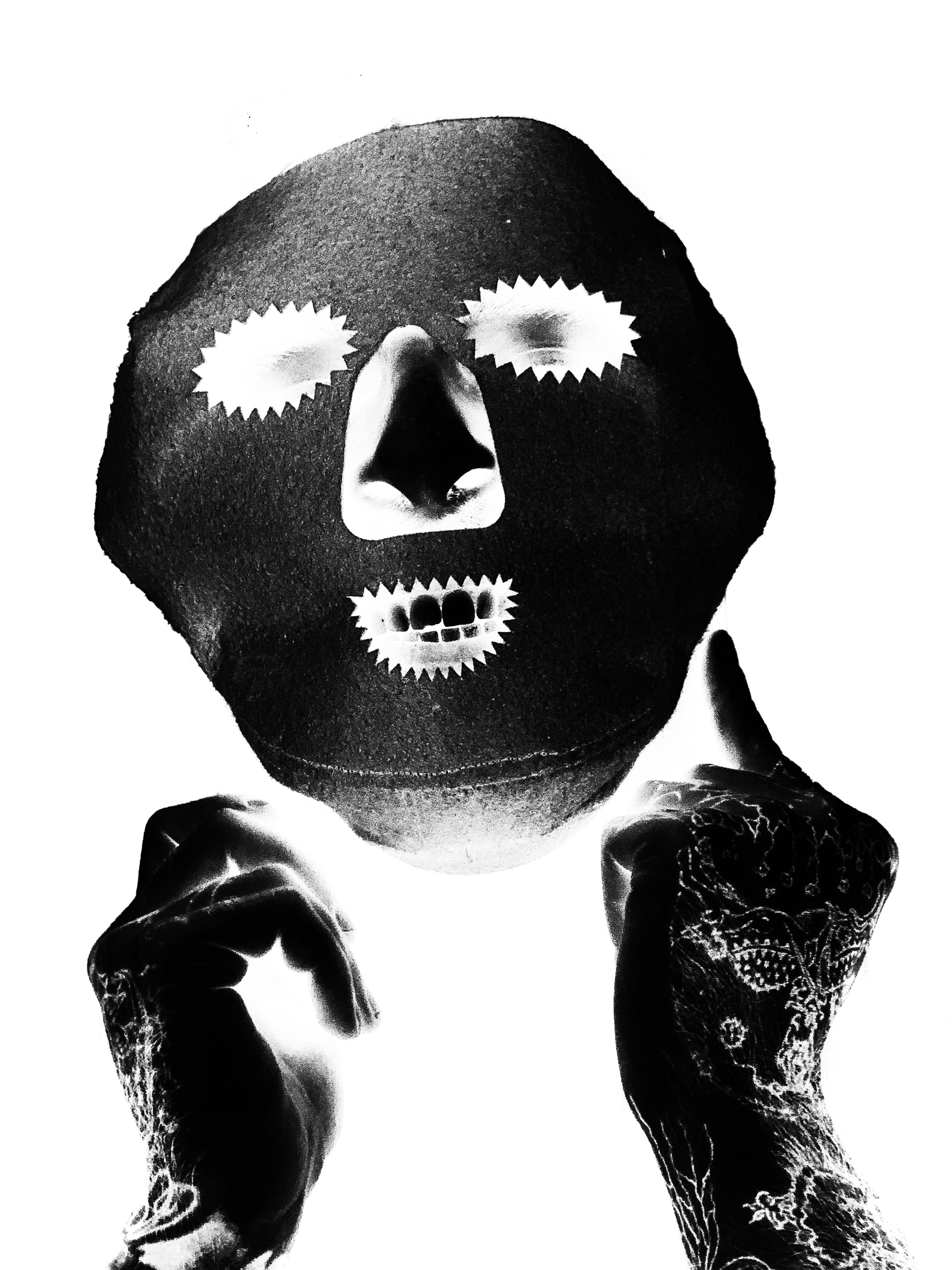
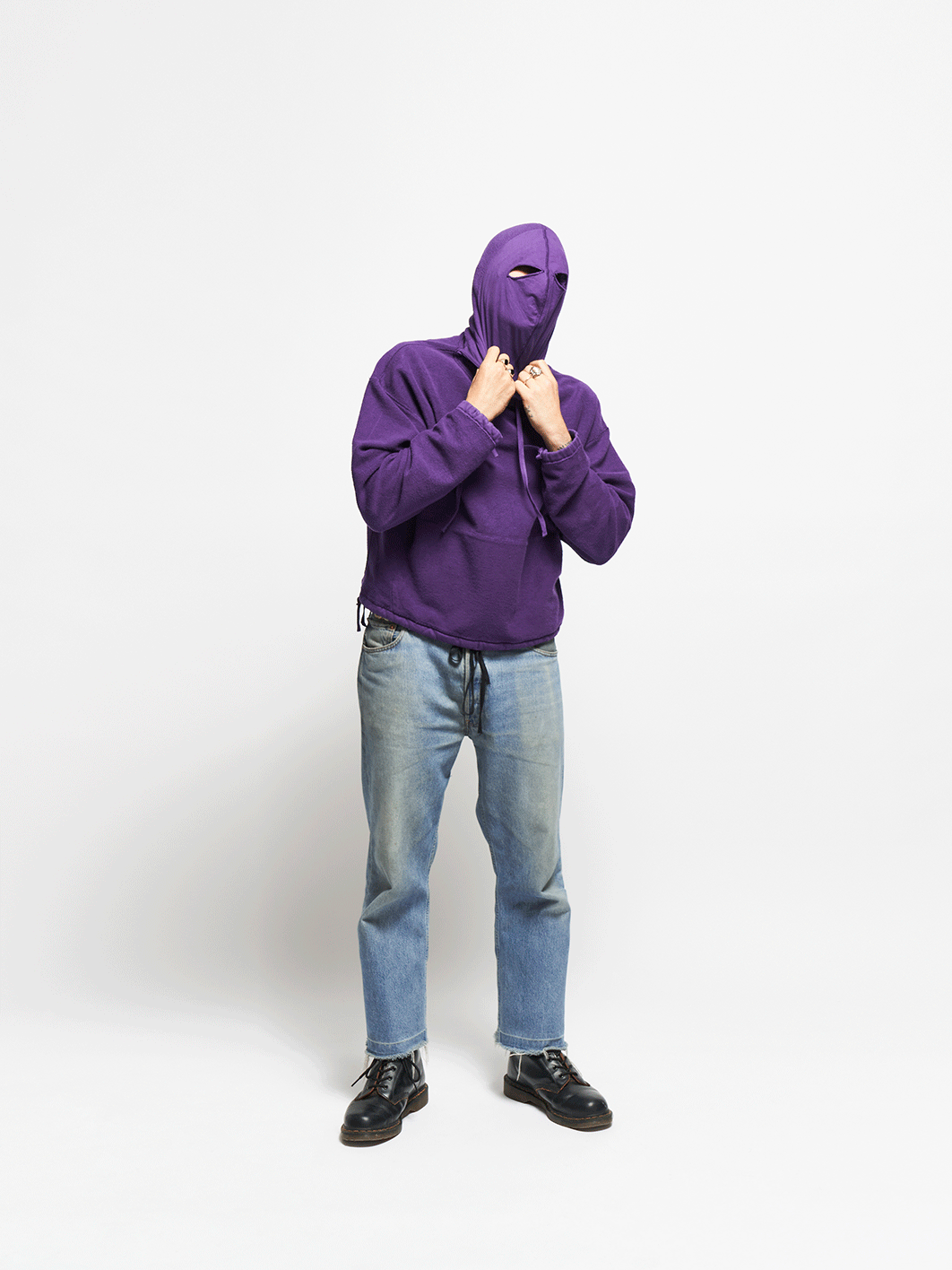
Taumaturgo Mask Hoodie